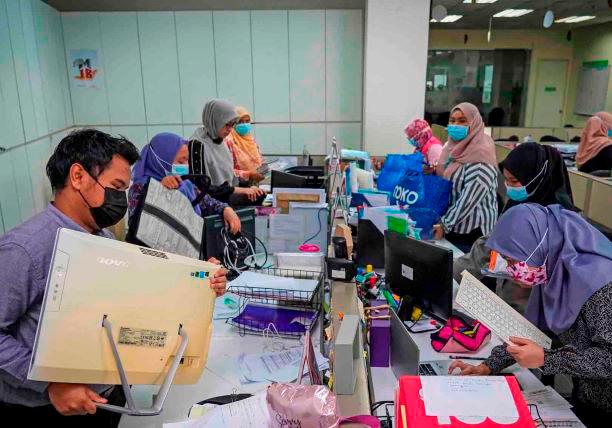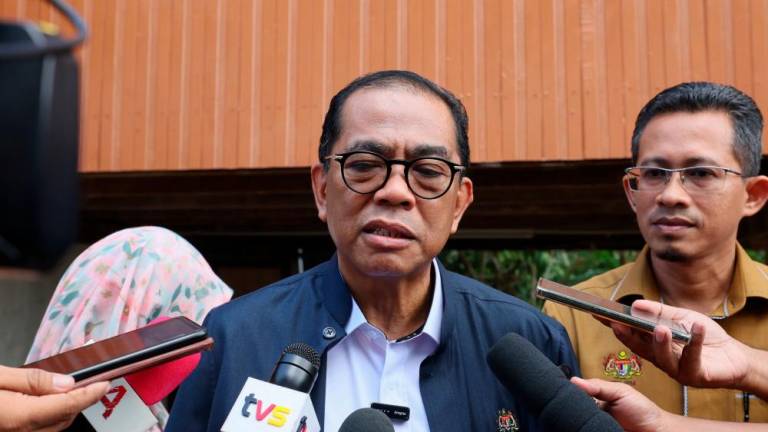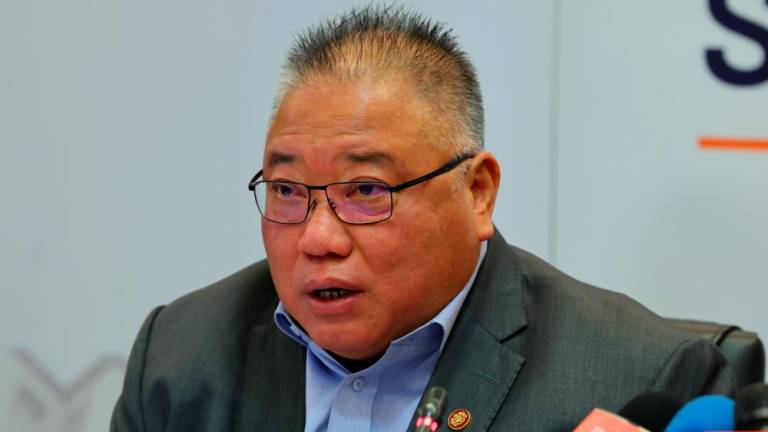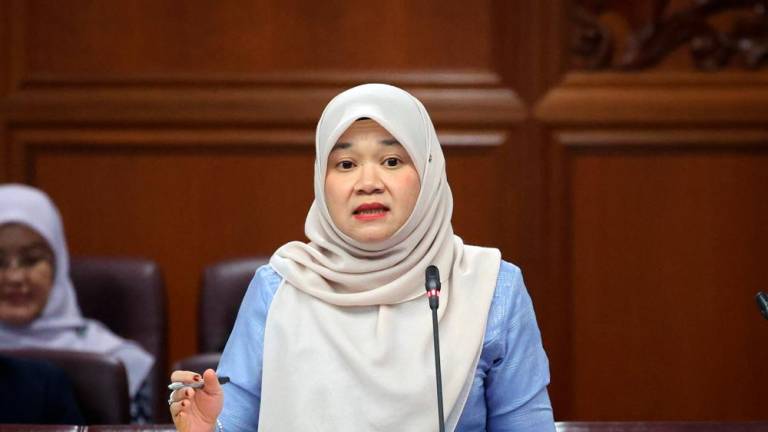MENOPAUSE, a natural phase in a woman’s life, is a topic of emerging importance, especially in the context of diversity, equity and inclusion (DEI) in the workplace.
This issue was brought to light at a recent DEI conference focused on women in the construction industry held in London, where over 500 participants from around the world gathered to discuss the challenges and triumphs of women working in a male-dominated field.
To underscore the significance of this issue, the conference looked at some pertinent facts and figures regarding women and menopause.
We must know that over the years, scientific and technological advances have significantly increased life expectancy in humans. In 1000 BC, the average life expectancy for women was only 28 years, but today it has extended to the eighth decade of life.
Worldwide, the life expectancy for newborn girls averages around 78 years old.
Reportedly, the average age of menopause is said to hover at about 47.
Given that women are expected to live well into their late 70s, they spend a significant portion of their lives in the post-menopausal phase.
Menopause is a complex biological and psychological phase, and the concept of quality of life becomes highly relevant, if not questionable, during this transition.
Quality of life is defined as an individual’s perception of their overall well-being, influenced by various factors, including physical health, psychological state, social relationships and environment
Numerous studies have shown that the physical, psychological, social and sexual changes associated with menopause can have a negative impact on women’s quality of life.
About 96% of women are known to experience menopause-related symptoms, affecting their physical and psychological well-being and social interactions.
This impact is particularly pronounced in women in the perimenopausal and early post-menopausal stages when women are still gainfully employed.
Through several researches done, it is clear that menopause has a significant impact on women and how their lives change, which would have a direct impact on women in the age group at work.
Does it then, make sense, for organisations to include menopause as a diversity consideration?
As women continue to make up a significant portion of the global workforce, understanding and addressing the challenges associated with menopause is vital for retaining and supporting female employees.
In developed countries, failure to address the specific needs of menopausal women has led to legal and ethical concerns related to discrimination and equal treatment in the workplace.
Developing countries should pay serious attention to this relatively new phenomenon which will become relevant sooner rather than later.
Supporting women through the menopausal transition can enhance employee well-being and job satisfaction, which in turn, contributes to talent retention and organisational success.
Addressing menopause-related issues can particularly reduce absenteeism due to health concerns and improve overall productivity.
True diversity and inclusion go beyond gender and should encompass all aspects of employees’ experiences, including life stages such as menopause.
Menopausal women represent an often-under-utilised workforce demographic that possesses a wealth of experience and expertise.
Understanding the specific needs of menopausal and post-menopausal women, and offering them the necessary support can yield significant benefits for organisations.
In our nation, the hush that surrounds the topic of menopause has created a conspicuous void for meaningful discourse on the topic.
In this context, menopause is often considered a topic of embarrassment in developing countries due to a complex interplay of cultural norms, limited education and awareness, deeply entrenched gender roles, social stigma and a lack of healthcare resources.
In many of these societies, traditional customs discourage open discussions about reproductive health and ageing, leading to misconceptions and misunderstandings about menopause.
Gender roles often dictate that menopause signifies a woman’s transition into old age and a loss of fertility, which can result in feelings of inadequacy or diminished value.
The social stigma attached to discussing menopause openly can prevent women from seeking help and information, while economic instability and limited healthcare access exacerbate the challenges associated with this life stage.
Religion and the lack of research and advocacy also contribute to the silence around menopause in developing countries.
To address this issue, efforts should focus on promoting education and awareness, challenging traditional gender roles, and improving access to healthcare and support services, to destigmatise menopause and improve the well-being of women experiencing this natural phase of life.
Regrettably in our country, women have found themselves the target of peculiar jests by our politicians and it becomes even more difficult to initiate discussions on this topic.
To usher in a brighter future, organisations can extend a helping hand by crafting adaptable work solutions, bestowing valuable educational tools, launching supportive employee programmes and fostering an atmosphere of candid dialogue.
The thing is, it is essential to acknowledge that menopause affects not only women but can also have implications for men, and this inclusivity is a crucial aspect of understanding its impact in the workplace.
The adoption of a menopause-embracing ethos in the workplace not only celebrates the worth of menopausal women but also promises to enhance the well-being and performance of the entire organisation.
Comments: letters@thesundaily.com











